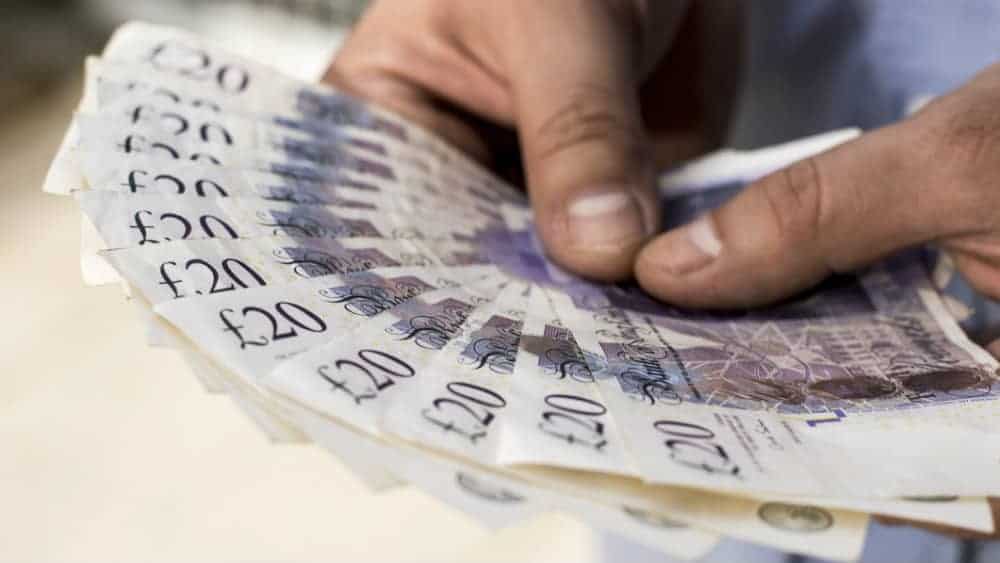I like the idea of generating passive income from investing in shares that can pay a sustainable dividend yield. Companies with strong business models and a history of returning money to shareholders fit the bill.
Sustainable passive income
Aviva (LSE: AV) has been guilty of cutting its dividend. Although in the most recent case, it was told to by its regulator because of the pandemic.
The dividend has been reset at a lower level than in 2019. From a passive income point of view, sustainable dividends are good, so this might be no bad thing. A smaller dividend that is less susceptible to being cut is, better than a higher yield that needs cutting back in future, I feel.
Anyway, with a yield of 5.2% based on the last two dividend payments, Aviva is still a strong dividend payer. Along with the reorganisation of the business, which has seen the insurer sell off many international operations to focus on the UK, Ireland and Canada, I think Aviva is well positioned to deliver ongoing passive income to investors.
The risk is that as a smaller, leaner business it’ll generate lower earnings per share, which could put pressure on the dividend.
Reliable and regulated
National Grid (LSE: NG) did not cut its dividend at all during 2020. The steady nature of its mostly-regulated business means its revenues and profits were largely unaffected by the pandemic. Indeed, the dividend went up 2.6%, which against a backdrop of many companies cutting their dividends is no mean feat.
The company is, I think, very serious about transitioning into and supporting the green economy. By that I mean energy generated by renewables, such as wind power and solar. For example, this year it has announced it will be acquiring Western Power Distribution (WPD), focusing it more on electricity over gas. WPD is the UK’s largest electricity distribution business.
In line with that, National Grid will also look to sell a large stake in National Grid Gas during the course of this year. As with previous large disposals this could lead to a special dividend for shareholders – potentially. That would be good from a passive income point of view.
National Grid’s Ventures business, which is unregulated and is building interconnectors between the UK and Europe, could provide growth, alongside the acquisition of WPD.
The company’s main attraction, for me, is the dividend. It currently has a dividend yield of around 5.2%.
The downside is that most of National Grid’s income is regulated. That makes it harder to raise prices, it has a lot of debt and the WPD acquisition means its UK assets make up more of its portfolio than the US, making it potentially vulnerable to UK-specific issues.
National Grid, in my opinion, is a leading FTSE 100 share for providing passive income. That’s why I’ll hold on to my shares.








